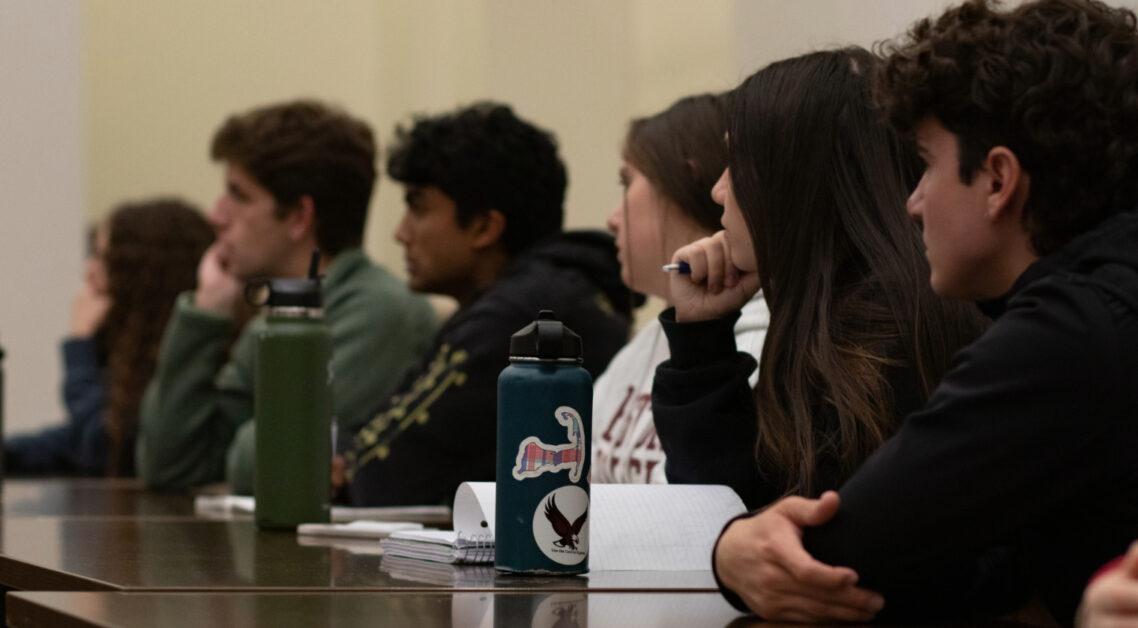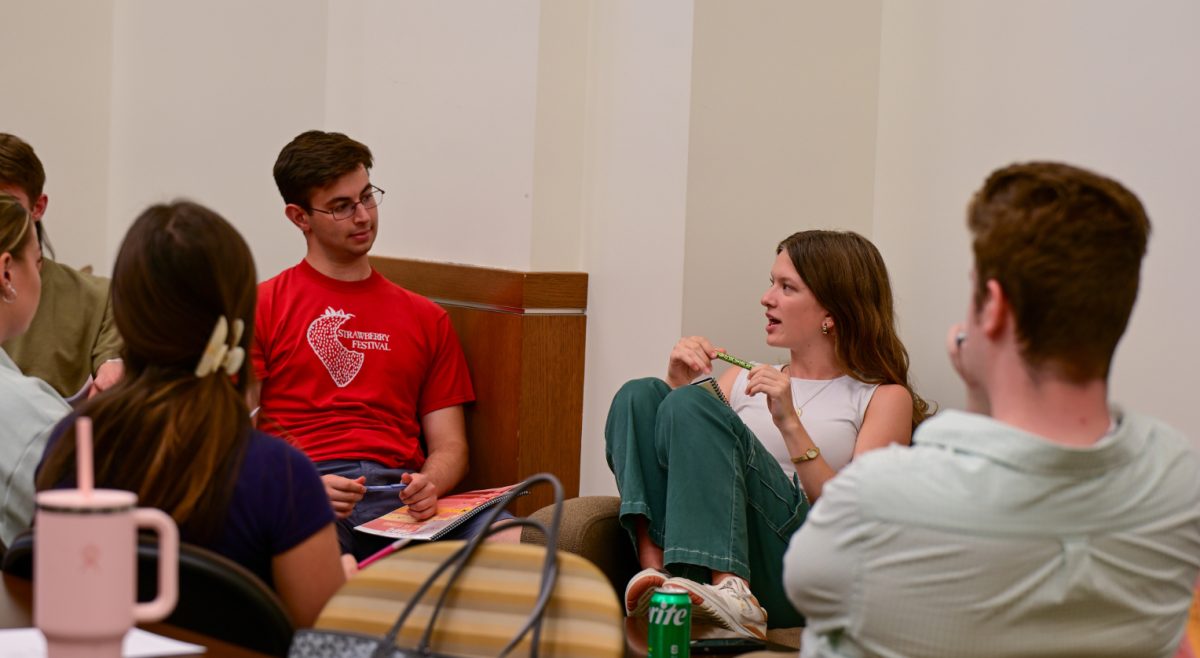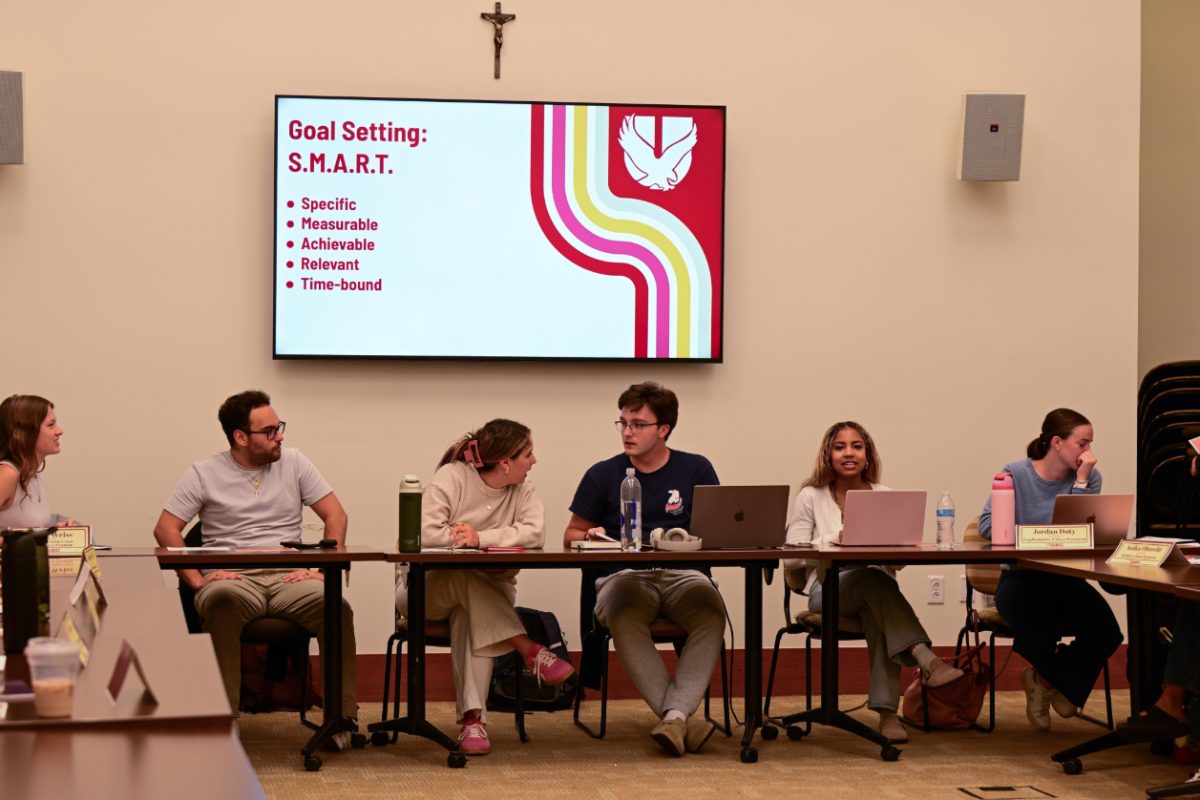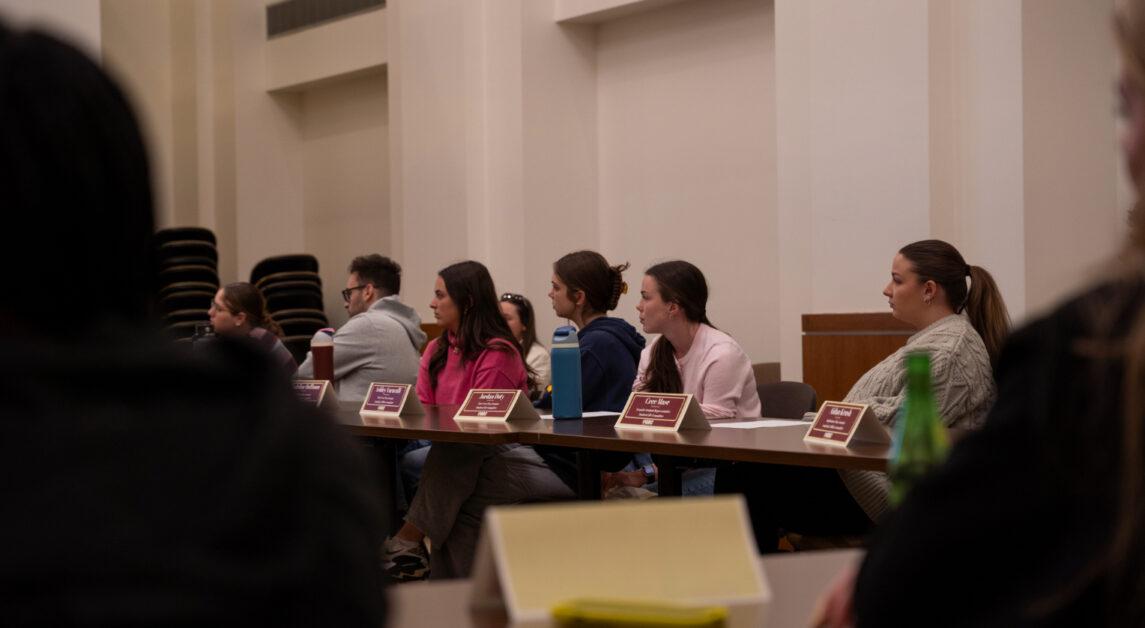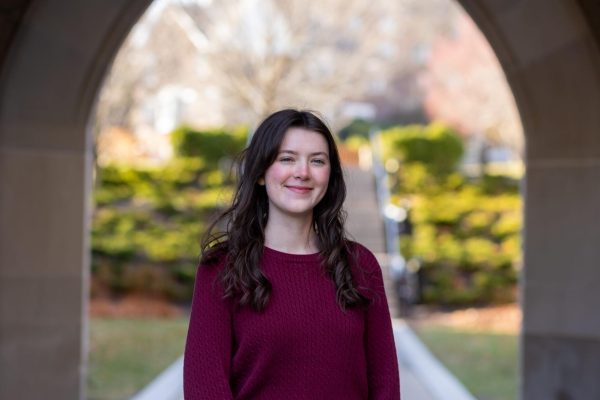Despite recent changes in federal policy, UGBC is still committed to fostering diversity and inclusivity, said Katie Garrigan, UGBC vice president and MCAS ’25, during the UGBC Senate meeting Tuesday night.
“Even if things are changing in a larger political landscape, the commitment here will always be to diversity and creating a strong community for individuals with whatever background that may be,” Garrigan said.
Gabe Hallberg, Queer Leadership Council (QLC) associate director and MCAS ’26, voiced concern about how Friday’s announcement from the United States Department of Education and Office for Civil Rights, which aims to eliminate race-based programs in schools, could affect student advocacy groups at Boston College.
“I don’t know how that’s going to impact UGBC, whether [the AHANA+ Leadership Council] can continue to exist,” Hallberg said.
Garrigan said she had not heard anything about what this would mean for the future of UGBC and other campus clubs, but she hopes it will become clearer in the near future.
“There’s definitely a lot of unprecedented times where we’re entering right now, we don’t know how those trickle-down effects are going to stand out,” she said. “It’s not even been a month of the new political landscape that we’re in, so I think as things start to become a little bit more prevalent here, we’ll have a better idea.”
In an effort to bridge the gap between faculty concerns and student use of AI, the AI Steering Committee—composed of faculty from different fields— is working to develop a faculty-approved AI platform and guidelines for students to use it responsibly, according to Cristina Gregory, student senator and MCAS ’26.
“We just want to make it not as binary as ‘Absolutely no ChatGPT or AI’ versus ‘Yeah, everything’s fair game,’” Gregory said. “This is kind of like their happy medium.”
Gregory said the committee is planning two conferences—one in May and another next fall— to continue the conversation on integrating AI as a learning tool. She encouraged other student senators to provide their insights at the conferences.
At the start of the meeting, the Senate voted to finalize a form to gauge student’s interest in offering American Sign Language (ASL) courses and an ASL minor.
According to Gregory, the proposal will advocate for the inclusion of ASL as an on-campus option for the language requirement to fulfill the language requirement and for the potential establishment of an ASL minor in MCAS.
“We’re trying to see if we can show that having it on-campus would really increase students participating in the program,” Gregory said.

